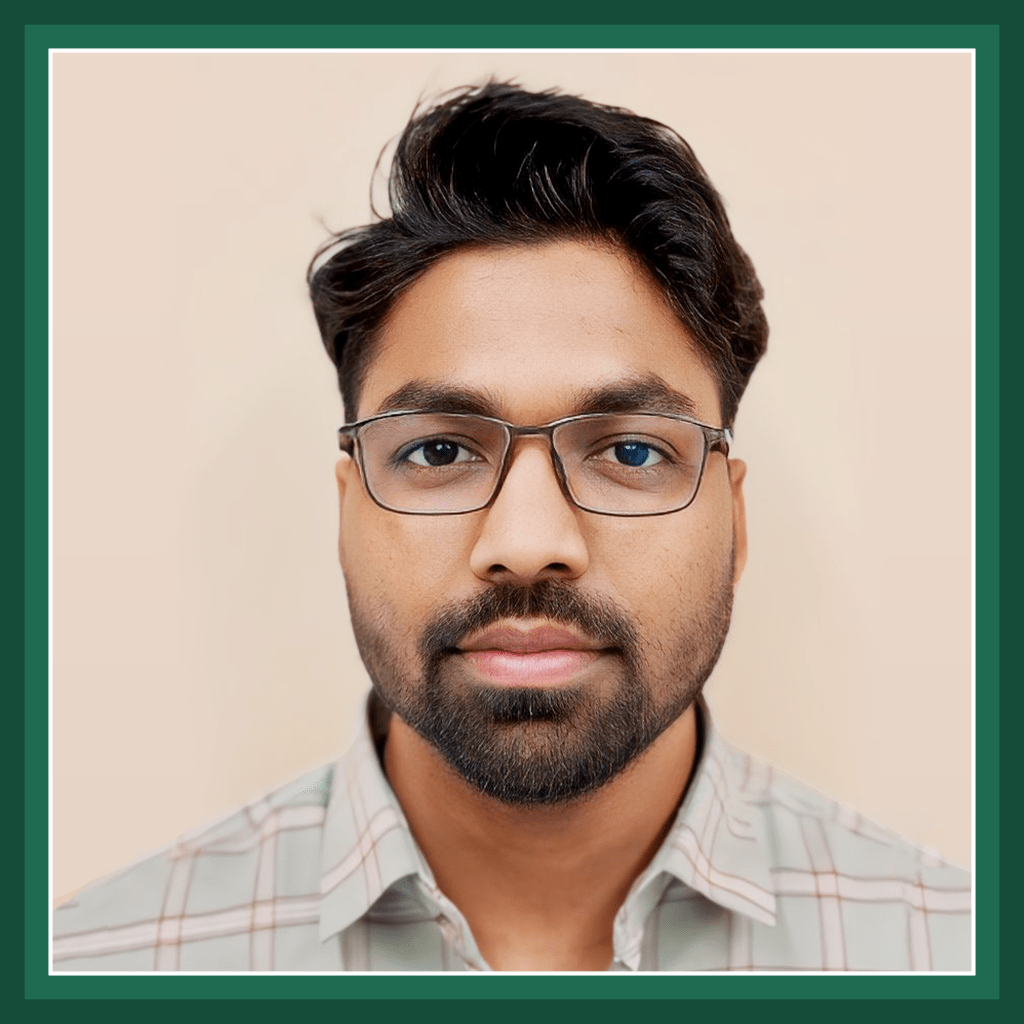O’Neal NextGen Award winner, Yogesh Kumar, Ph.D., speaks to thepotential benefits of machine-learning technology in cancer care

New technology presents new opportunities in patient care, something that Yogesh Kumar, Ph.D., knew well when he began researching the use of machine-learning software in cancer treatment. When he received this year’s Mary Ann Harvard NextGen Scholar Award for his work integrating artificial intelligence into radiotherapy, he knew he was on the right track.
His project, “A Platform to Facilitate Radiotherapy Treatment History With Follow-Up CT/MRI Images in Picture Archiving Communication Systems for Improving Patient Care,” aims to use machine-learning software to automate the segmentation and registration processes during cancer treatment. In this model, an artificial intelligence program receives data from patient scans and uses the data to extrapolate and register treated tumor volumes on time-series images, such as those acquired during patient follow-up. In turn, physicians would be able to spend less time manually both mapping and identifying previously treated tumors on follow-up imaging, allowing them to spend more time seeing and treating their patients.
“The most exciting part is that everything is automated,” Kumar explains. “Usually, when patients come in for follow-up visits, the assessment of the tumor after radiotherapy takes up half of the patient’s time during the visit. Our goal is to automatically align the treatment-related information with the follow-up images so that the physician can spend more time with their patients instead of assessing the tumor response.”
Kumar was initially drawn to the project after familiarizing himself with the technology while working on his doctorate, using similar processes to measure hemoglobin. In joining UAB, he saw an opportunity to synthesize these two interests. Kumar’s research has been conducted under the mentorship of Carlos Cardenas, Ph.D., Director of AI Research and Development in the Marnix E. Heersink Institute for Biomedical Innovation and Director of Automated Treatment Planning in the Department of Radiation Oncology.
“I wanted to utilize my technical skills and my two disciplines, [machine learning and biomedical instrumentation], in a project,” Kumar says. “After joining Dr. Cardenas’s laboratory, I worked on various techniques related to both artificial intelligence and the medical imaging I use in cancer research.”
Looking to the future, Kumar hopes his findings will lead improved accuracy in the segmentation process and, eventually, adoption of the auto-segmentation technology in clinical settings. One of the challenges still facing him in this work pertains to the application of machine-learning segmentation and registration in other forms of cancer.
“Right now, we’re specifically focusing the application [of this technology] on brain metastasis patients,” Kumar says, speaking to the application of research in other contexts. “Based on those segmentations, we perform registration that provides us some level of accuracy, but in the case of abdominal segmentations, there is a problem as patients inhale and exhale during the CT scan. It’s not fixed at every slice; their lungs change. So, we are in the process of investigating how we can better implement [AI] in these situations.”
Nevertheless, Kumar’s initial findings and applications are impressive. Kumar says he is grateful for Cardenas’s support, as well as the backing provided by both UAB and the O’Neal Comprehensive Cancer Center’s Young Supporters Board.
“The value of these kinds of prestigious awards is that, when people appreciate you, you know you are headed in the right direction, towards a bright future in cancer research,” Kumar says.
—Mackenzie Sexton




